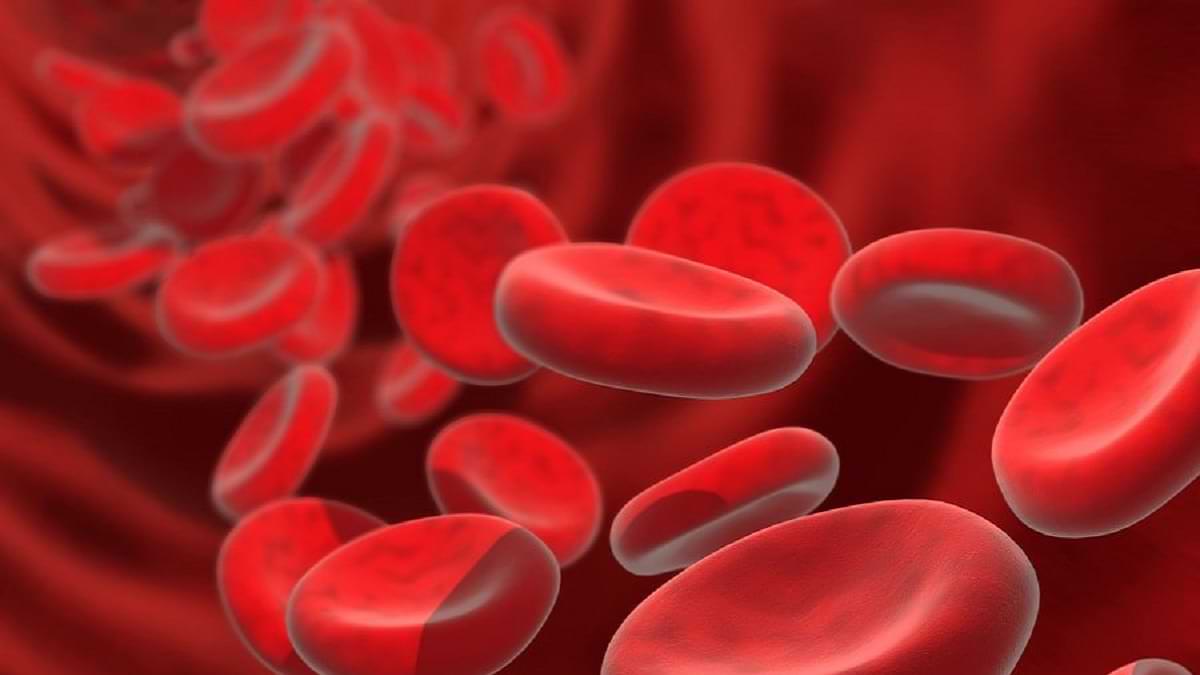Rajkotupdates.news:emm-negative-rare-blood-group-found-in-rajkot-man-11th-such-case-worldwide: A rare blood group has been discovered in a man from Rajkot, Gujarat. The man has been identified as having an EMM negative blood group, which is extremely rare. In fact, he is only the 11th person in the world to have this blood group. This discovery is significant because it could help save lives in the future.
What is an EMM Negative Blood Group?
An EMM negative blood group is a rare type of blood that lacks certain antigens. Antigens are proteins that are found on the surface of red blood cells. They help the body identify foreign substances and fight off infections. People with an EMM negative blood group do not have these antigens, which means their blood can be used for transfusions in people with other rare blood types.
How was the Blood Group Discovered?
The man from Rajkot was undergoing a routine blood test when doctors noticed that his blood type did not match any of the known blood groups. Further testing revealed that he had an EMM negative blood group. This discovery was made possible because of advancements in medical technology that allow for more precise testing and analysis.
Why is this Discovery Significant?
This discovery is significant because it could help save lives in the future. People with rare blood types often struggle to find compatible donors for transfusions. The discovery of an EMM negative blood group means that more people could potentially receive life-saving transfusions.
What are the Risks Associated with Transfusions?
Transfusions carry certain risks, including the transmission of infections and allergic reactions. However, these risks can be minimized through careful screening of donors and proper testing of blood products.
How are Blood Types Determined?
Blood types are determined by the presence or absence of certain antigens on the surface of red blood cells. There are four main blood types: A, B, AB, and O. Each blood type is further classified based on the presence or absence of the Rh factor, which is another type of antigen.
What is the Importance of Blood Donation?
Blood donation is important because it helps save lives. Every year, millions of people around the world require blood transfusions due to accidents, surgeries, and medical conditions. By donating blood, you can help ensure that there is a steady supply of blood products available for those in need.
Who Can Donate Blood?
Most healthy adults between the ages of 18 and 65 can donate blood. However, there are certain restrictions in place to ensure the safety of both donors and recipients. For example, people with certain medical conditions or who have recently traveled to certain countries may be ineligible to donate.
How is Blood Donated?
Blood donation is a simple and safe process. Donors are first screened to ensure that they meet the eligibility criteria. They then undergo a physical examination and have their blood tested for various infections. If everything checks out, they can proceed with the donation process, which typically takes less than an hour.
Conclusion
The discovery of an EMM negative blood group in a man from Rajkot is a significant development in the field of transfusion medicine. This rare blood type could potentially save lives in the future by providing a source of compatible blood for people with other rare blood types.
However, it is important to remember that blood donation is still crucial for maintaining a steady supply of blood products for those in need. By donating blood, you can help ensure that patients receive the life-saving transfusions they require.



